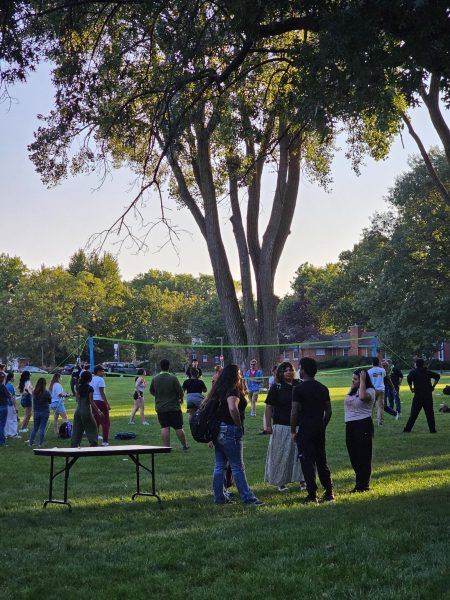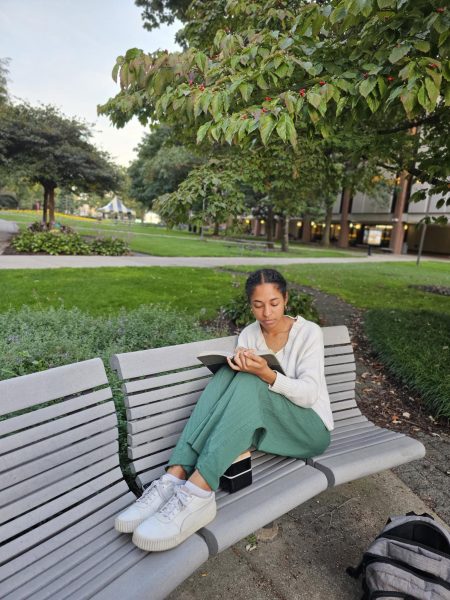University’s pilot program seeks to transform Gen Ed program
Purdue University Northwest is reengineering its general education programs to build a long-term love of learning in students.
“The purpose of this reform is to introduce critical thinking, different disciplines and prepare students to be lifelong learners,” said Catherine Gillotti, associate dean of CHESS and co-chair of the group redesigning the university’s general education program.
No matter what their major, every PNW student must take 30 hours of general education, including classes in English, Humanities, Natural Sciences, Social Sciences, Quantitative Reasoning and Technology.
But an audit of the university’s general education program found that, between 2016 and 2020, 80% of students took just 71 of the 189 available general education courses. As a result, faculty members and the administration decided it was time to rethink those basic courses.
“That meant taking inventory of the classes to see if we could come up with better ways of doing them while meeting state requirements,” said Gillotti.
So, the university is focused on reforming general education. It begins this year with the introduction of a themed cluster called “Go Outside and Play,” which is effectively a pilot for the university’s transformation of general education courses.
As part of this first cluster, faculty will provide general education instruction within the context of the environment. Issues of ecology and sustainability will be incorporated into the curriculum.
Students enrolled in “Go Outside and Play” will experience the theme through a variety of classes, including ENG 105, PHIL 111 and quantitative reasoning courses next spring; BIO 324, COM 114 and ECON 101 next fall, and the free elective and a technology course in spring 2022.
Some instructors have already begun to weave environmental themes into their general education classes.
“Theme-related topics … facilitate deeper understanding of various ethical theories that are central to the course,” said Philosophy professor Renee Conroy. “It includes cases in which there is moral tension between saving an endangered animal species and respecting a culture’s traditions, questions surrounding the moral permissibility of driving environmentally unfriendly vehicles like large SUVs and issues that emerge from the moral complexity of extreme sports.”
Next year, the effort to incorporate the theme will accelerate.
For example, Vanessa Quinn, professor of Biology, will take students to visit Great Smoky Mountains National Park on the border of North Carolina and Tennessee. The trip will offer hands-on experience, community networking opportunities and the chance to make new friends. Students will hike, identify natural species and learn the history of the Smoky Mountains.
“Students will begin to see the connections between classes, start community networking and learn by doing,” said Quinn.
As the pilot advances, more faculty will incorporate the “Go Outside and Play” theme into their courses.
“The hardest part of my job is to follow Dr. Quinn and the trip to the Smokies – tough act to follow,” said Economics professor Paul McGrath. “The plan is to introduce the concept of sustainability and examine the question of economic growth versus sustainability of the Earth’s resources.”
If the themed approach succeeds, PNW will eventually introduce nine thematic clusters, all focused on delivering general education within a context of interest to students. As the pilot, “Go Outside and Play” will be evaluated after spring 2022.
“There’s a real possibility of using these themes to attract students to the institution,” said Quinn.





